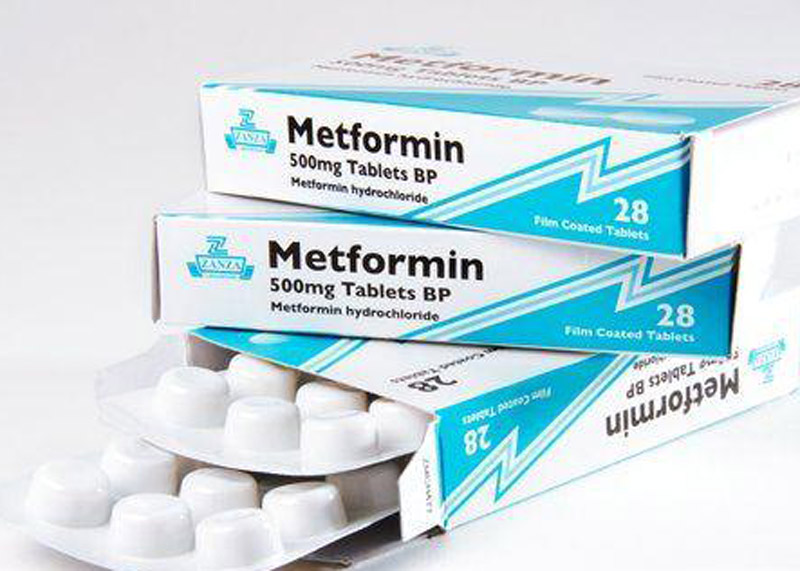Washington: A new study claims that ‘metformin’, a commonly used diabetes drug, has the potential to reduce the risk of heart diseases in non-diabetic patients. Researchers also claim that metformin could reverse the harmful thickening of the heart muscle that leads to cardiovascular diseases. The study was published in the medical journal European Heart.
The study showed that metformin, used to treat type 2 diabetes safely for the last six decades, reduced left ventricular hypertrophy (LVH) in patients with prediabetes and pre-existing heart disease.
LVH is the thickening of the muscle wall in the heart’s left pumping chamber and is a serious risk factor for future heart attack, stroke and heart failure.
LVH is often a silent symptom and most people do not know they have it prior to experiencing a heart attack or stroke. Large studies have previously shown that patients with LVH are at higher risk of adverse cardiovascular events and reducing LVH can substantially reduce mortality rates.
“Cardiovascular diseases are the leading cause of global mortality. We have previously shown that metformin can have beneficial effects in patients with cardiovascular diseases. But this is the first time anyone has looked specifically at the effects of metformin on LVH in nondiabetic patients with coronary artery disease in a clinical trial.” said, Professor Lang, head researcher of the study.
“The study involved treating prediabetic people with coronary artery disease with metformin or a placebo over a period of 12 months to see how the drug affected the heart muscle wall, using state-of-the-art MRI technology. The major causes of LVH are high blood pressure, obesity and insulin resistance, which are also thought to be key contributors of coronary artery disease. The dangerous thickening of the left ventricle was reduced by twice as much in those taking metformin compared to the placebo,” he added.
“We also found that metformin reduced blood pressure, oxidative stress and lost body weight – an average of 3.6 kg, compared to no changes in the placebo group. If the findings from this study are substantiated in a larger-scale study, metformin could offer hope for millions of patients across the globe,” the researcher said.
The MET-REMODEL trial is the first clinical trial in the world to show that metformin could reverse harmful thickening heart muscle wall in a clinical trial. Repurposing cheap and readily available drugs, such as metformin, to treat other health conditions could potentially save the NHS billions of pounds every year.
Mohapradeep Mohan, the lead author, said blood pressure medications were the standard treatment modalities for LVH but that this approach was not particularly effective as LVH can also be present in patients who have well-controlled blood pressure. This highlighted the need for new treatment strategies in these patients.
“In this context, we need non-blood pressure medication and we had good reason to suppose that metformin should help to reduce thickening of the heart muscle wall,” he said.
“The findings from our study reinforce the notion that metformin has the potential to improve cardiovascular health, offering the possibility of improving the life expectancy of patients. From the standpoint of clinical practice, this drug is already approved and well tolerated with minimal side effects.
“If our findings are backed up by bigger studies, using metformin to target LVH presents a novel treatment option and unique opportunity for a quick translation to the clinic. We are thankful to BHF for funding this study and extremely grateful to all the participants of this study.”
[source_without_link]ANI[/source_without_link]

